Second of two articles. Read Co-op Voices, Part 1
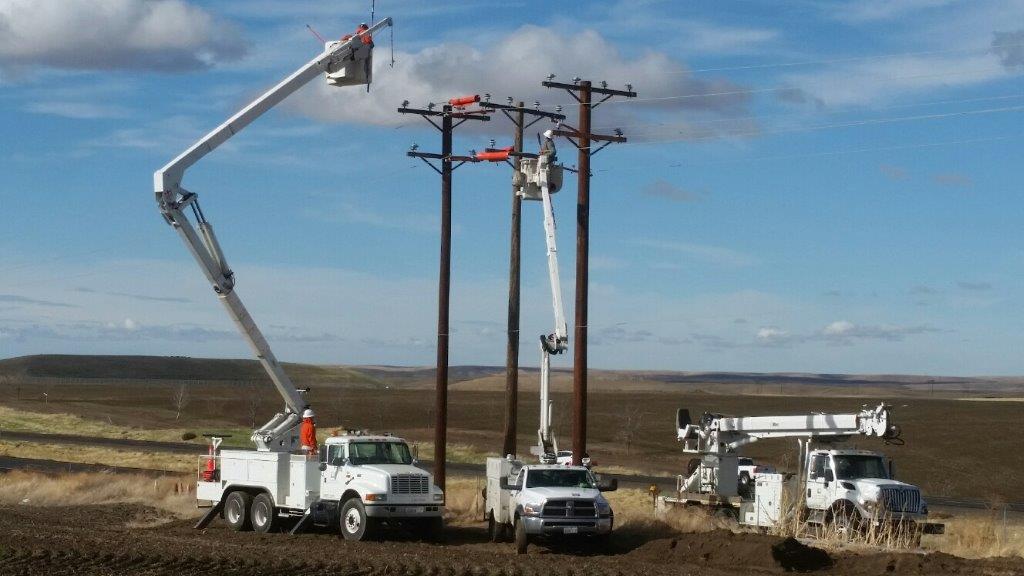
America’s national pastime has been benched by COVID-19, and the boys—and girls—of summer won’t be coming to play baseball in Cooperstown.
That’s bad news for members of Otsego Electric Cooperative, who rely on money from renting out their homes to tens of thousands of visitors gathered to watch the annual Baseball Hall of Fame induction and the youth baseball camp games that take place nearby all summer.
With retired Yankee great Derek Jeter scheduled to be inducted in July, about 100,000 visitors had been expected to pour into the upstate New York area. But the event—and most of the camps—were canceled because of the pandemic, costing the region at least $20 million to $30 million in estimated lost revenue, said Tim Johnson, CEO of the Hartwick-based co-op.
“Some of our members live on money from those summer rentals all year long,” Johnson said. “Now that’s gone.”
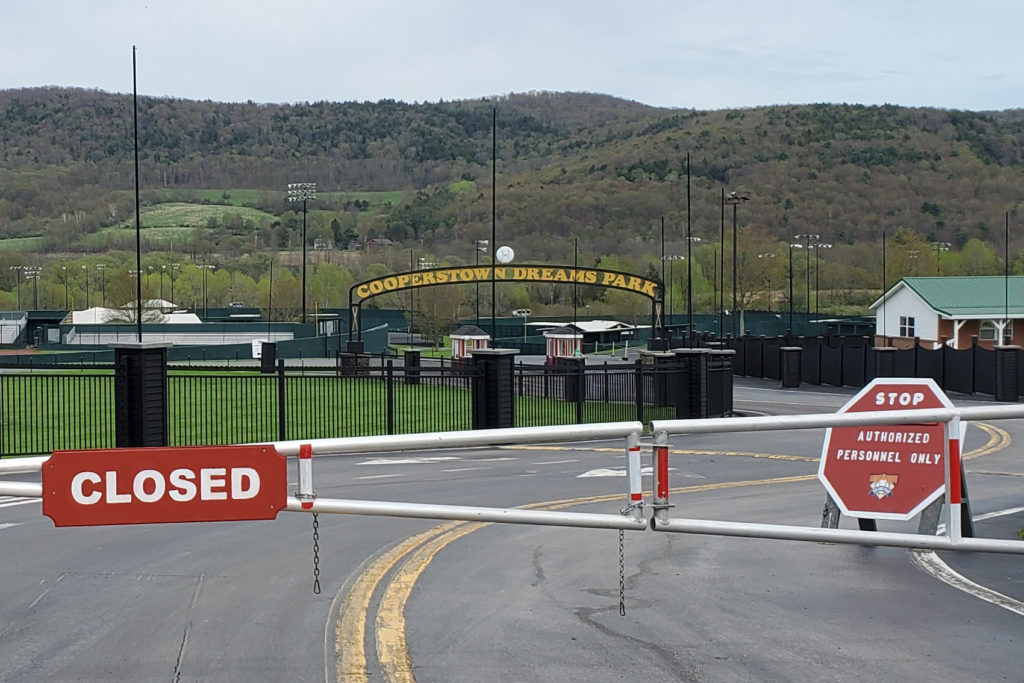
The coronavirus is affecting not-for-profit electric co-ops and their members differently. Some co-ops, especially those in areas that depend on agriculture, oil or manufacturing, are already facing severe budget shortfalls from falling electricity sales and members’ inability to pay their bills. Others, like Otsego, could be hit hard this summer as tourism plummets amid COVID-19 travel restrictions and cancellations.
NRECA and its member co-ops have launched a grassroots campaign to urge Congress to provide a financial safety net for struggling co-ops and their members as lawmakers negotiate the latest coronavirus relief bill.
Here’s a sampling of what co-ops are facing:
Tourism Losses
Falling tourism is also a problem in Walla Walla, Washington, where wineries, hotels, resorts and restaurants are suffering and about 2,000 jobs have been lost, said Scott Peters, CEO of Columbia Rural Electric Association.
“In April, every hotel would have been filled and all the restaurants would have been booked for wine weekends,” Peters said. “Instead, it was a ghost town.”
The co-op is getting calls from members who have lost their jobs and are asking for help because they don’t have enough money to pay their monthly bills, he said.
“We’re going to have members who aren’t going to be able to dig out of the hole they find themselves in,” Peters said. “I just think Congress is going to have to come up with some kind of needs-based bailout. Co-ops still have to pay our bills, even when our members can’t pay theirs.”
Oil Slump
In Oklahoma, Kiamichi Electric Cooperative CEO Brett Orme says he’s concerned that the declining demand for oil and gas during the pandemic could hurt the co-op’s wholesale power provider by reducing its sales, which could in turn raise prices for the co-op to buy power. The cost of purchasing power represents 60% of the Wilburton-based co-op’s costs, Orme said.
“This could ultimately result in higher energy rates for Kiamichi Electric members who are already suffering from this pandemic,” he said.
In Wyoming, High West Energy has also been affected by the oil industry slump. The co-op’s biggest account, Whiting Petroleum, filed for Chapter 11 bankruptcy protection in April, and the co-op is working with the bankruptcy court to ensure that Whiting will still pay its electric bills. The oil company accounts for more than 10% of the co-op’s annual revenues, said Brian Heithoff, CEO and general manager of the Pine Bluffs-based co-op.
“My fear is that this is a longer-term issue,” he said. “If there is a second or third wave of coronavirus, it could be a permanent loss of oil-related load for us.”
Farm Woes
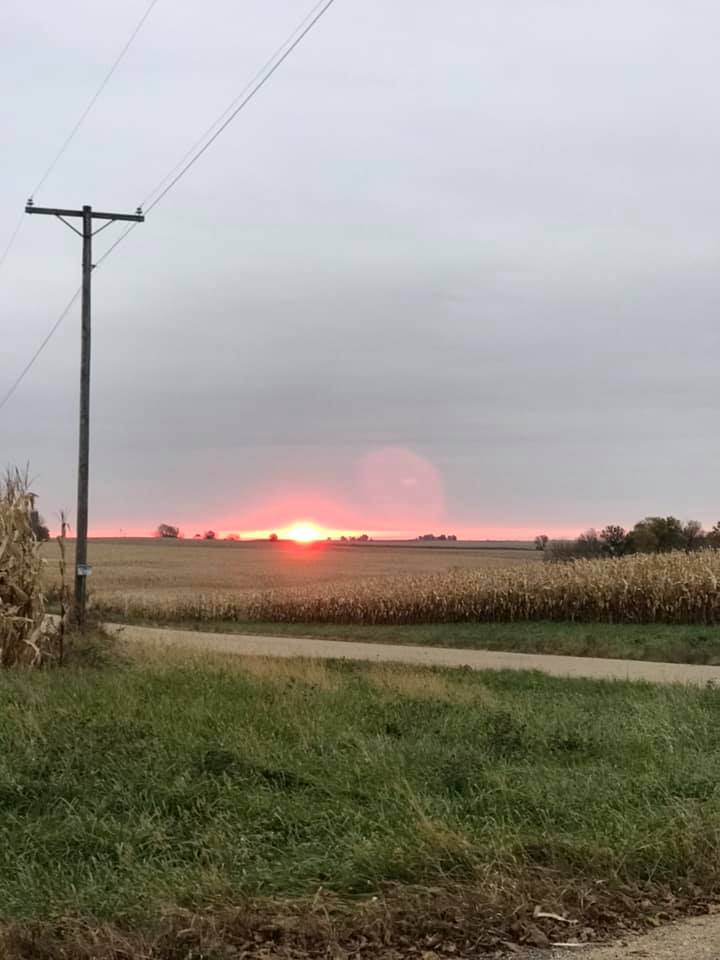
Corn growers whose crops go to make ethanol are also hurting from depressed oil prices, said Bob Hunzinger, president and CEO of Eastern Illini Electric Cooperative.
Hog producers, who are among the Paxton, Illinois-based co-op’s biggest customers, are having trouble getting the animals to market because of supply-chain breakdowns and may have to euthanize them.
Members whose electric bills were 60 days past due were up 68% from March to April while members whose accounts were 90 days past due were up 50%, Hunzinger said.
“We expect those increases will likely continue,” he said. “We just don’t know how long it will last.”
Manufacturing Declines
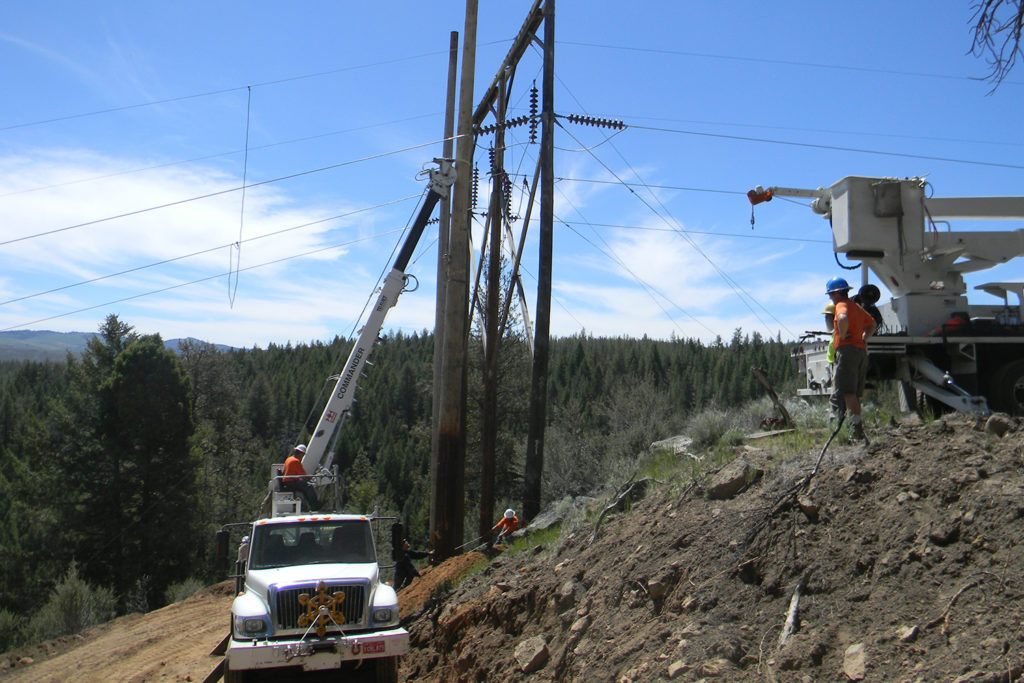
At Oregon Trail Electric Cooperative, there are 10 times the normal rate of payment collections as members struggle to pay their bills. Like most co-ops, eastern Oregon-based OTEC has suspended disconnections and late fees during the pandemic, said CEO Les Penning.
Electric sales to local industries have fallen about 20%, Penning said. Eastern Oregon’s timber industry had already suffered decades of decline when the pandemic struck and caused more harm. Regional manufacturing also has been impacted. A local recreational vehicle and camper manufacturer reported decreased production due to supply chain delays and social distancing requirements in the workplace. However, sales have been strong with more people planning to travel within the region after the pandemic.
“I just hope they can ride this out and we as a community can recover stronger than ever,” Penning said.
Poverty Getting Worse
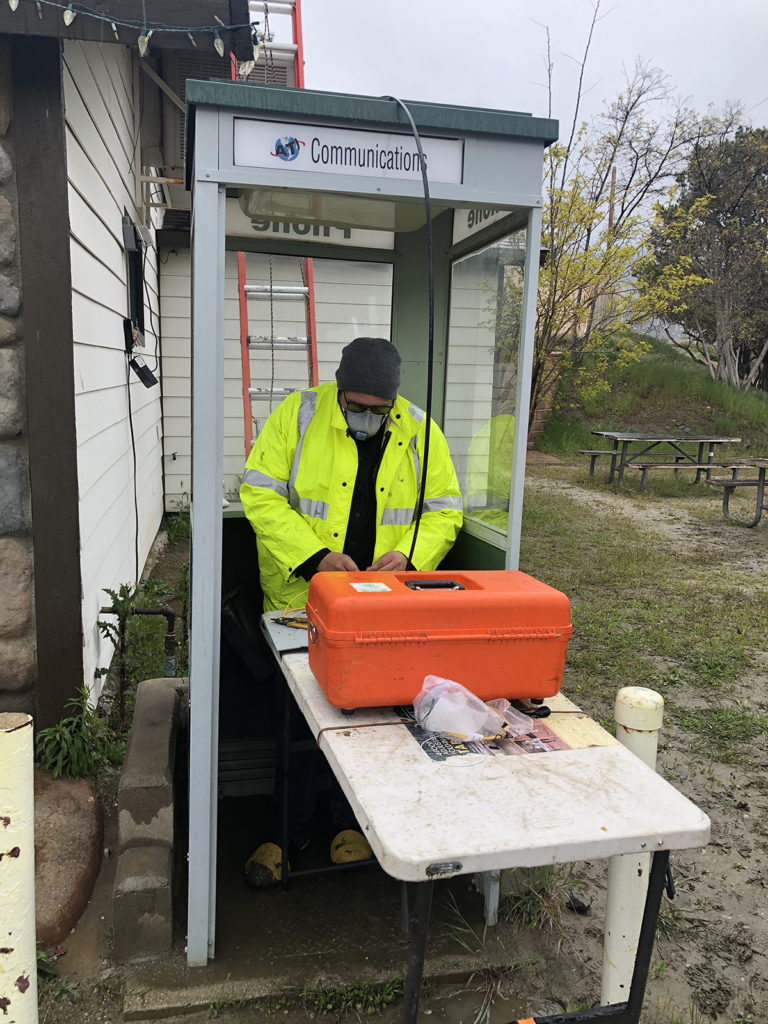
In the Southern California desert, Anza Electric Cooperative serves an area that suffered from high poverty and unemployment even before the pandemic. In the past couple of months, members have increasingly struggled to pay their bills, said Kevin Short, the co-op’s general manager.
Electric sales have also dropped as schools closed early, the nearby casino temporarily shut down, and the opening of a new hotel was put on hold.
Co-ops have kept the lights on during the pandemic, and they’re going to need assistance from the federal government going forward, Short said.
“My message to Congress would be to please put the partisan bickering aside and help people.”
Erin Kelly is a staff writer at NRECA.
Related Content:
Read More on the electric co-op response to the COVID-19 Pandemic